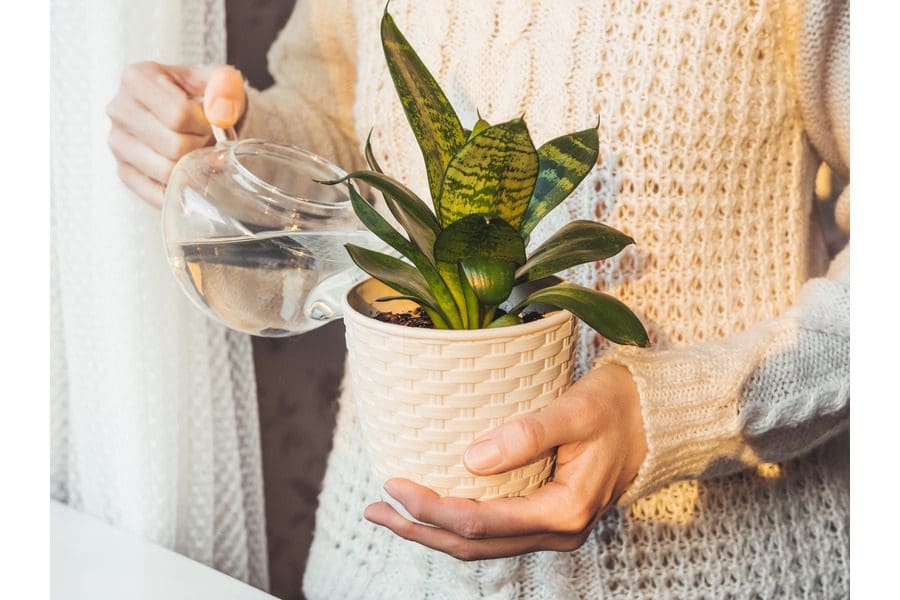Winter can be a rough time for gardening enthusiasts, but luckily, we still have indoor plants to keep us from twiddling our green thumbs all season long. However, it’s important to remember that indoor conditions also change during winter, which means some plant-caring techniques must be modified. Here are some tips to keep your house plants happy and healthy until spring returns.
Thirst Trap
In winter, plants adjust to getting less light and require less water. Plants you used to water every few days may only need water once every two weeks. If you’re unsure whether your plant needs water, the answer is at your fingertips – literally. Stick your finger about one inch into the soil. If it’s dry, give it some love; if it’s moist, leave it for another couple of days. To prevent overwatering, we recommend using a small watering can or a plant mister.
Pest Control
Look for indoor pests and insects that sneak indoors during colder weather. Take action as soon as you notice them because they’re easier to control early on.
Catching Rays Where They Can
During winter, we recommend storing plants in an area with the most natural light. Plant stands can help keep them off the ground and maintain order, especially if you have curious animals or kiddos roaming around. Be sure to rotate your pots occasionally so every part of the plant gets exposure. Keep in mind that it’s normal to spot more dropped leaves than usual.
Up the Humidity
Winter air is typically extremely dry, but you can increase the humidity for your plants by misting or spraying around leaves (just ensure they don’t stay wet for too long because this can cause fungal disease). You can also take your plants to the shower or kitchen sink for a spa-like experience or invest in a few small humidifiers for your plants to enjoy a few times a week.
Hot and Cold
Winter house temperatures are fine for plants, but extreme temperature changes, such as cold drafts and hot air vents, can cause plant stress. So be mindful of this as you find spots for your plants to spend the winter.
No Repotting Allowed
Winter is a great time to prune but not repot. It may be tempting to repot your plants, but this time of year, root growth is slower, and the soil stays wet longer; this combination can lead to root rot.
Say No to Fertilizer
Winter is a time for plants to rest, and they grow very little (if at all). There is no need to fertilize plants until spring when they get more sunlight and start growing again.






